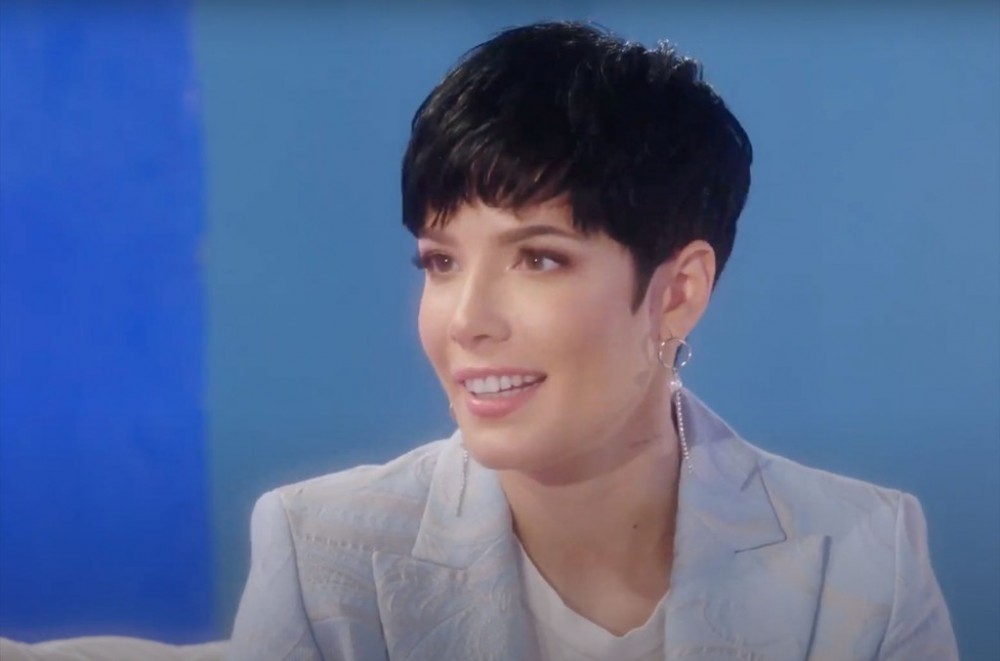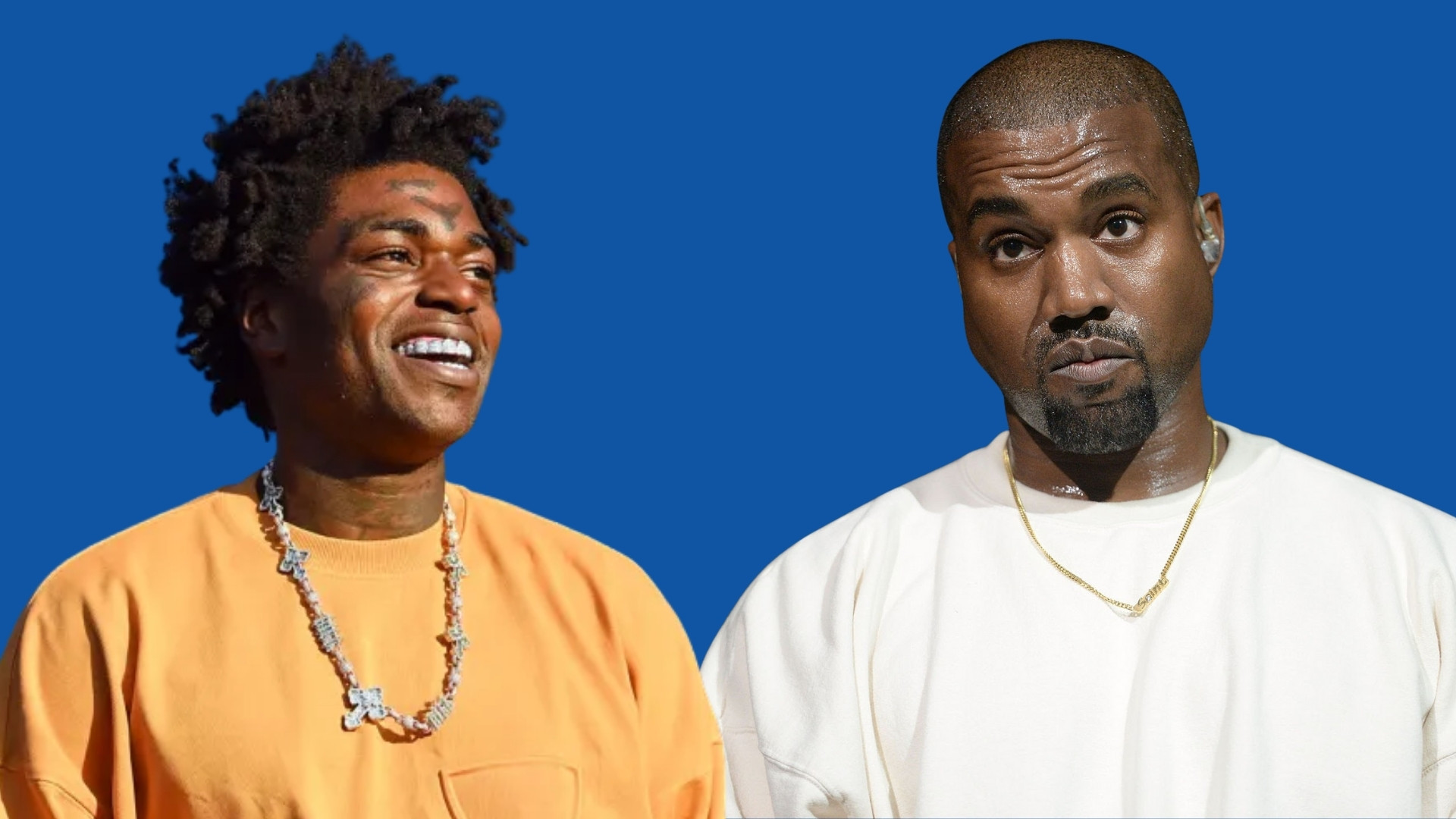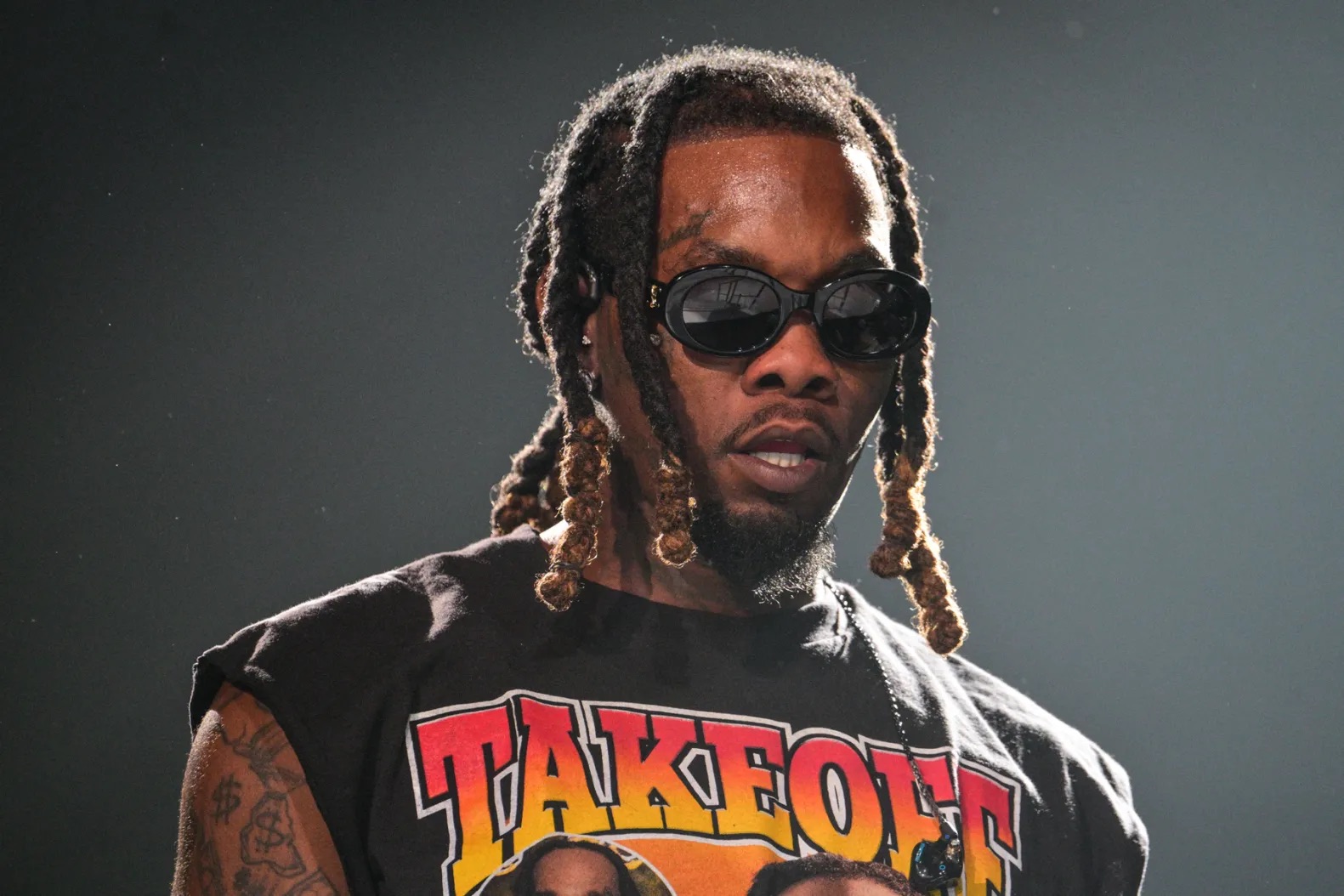The singer discusses her bipolar disorder with Dr. Snehi Kapur.
Halsey takes a deep dive into her own mental health struggles in a new YouTube Artist Spotlight Stories conversation with psychologist Snehi Kapur as part of Mental Health Awareness Month. The video posted on the singer’s YouTube channel on Thursday (May 21) finds her sitting on a set surrounded by blue and pink clouds as she explains the concept behind her Manic album to Dr. Kapur.
“I wrote it as a kind of study of all these different emotions and perspectives that I was having through the process of making the record,” she says. “But what was really important to me was making sure that it was also educational.”
The singer, who has been open about her mental health struggles including being diagnosed with bipolar disorder in high school and spending several weeks in a psychiatric hospital her senior year, says that her aim with the Spotlight chat is to better help her audience understand bipolar disorder.
Dr. Kapur describes bipolar disorder as a mood disorder that typically manifests in two phases, a low phase (depression) and the manic phase (high energy). The time it takes to diagnose can vary depending on the patient, and no two versions of the disease are the same.
“A lot of people say, ‘You don’t seem like you have bipolar disorder,'” Halsey says, describing how many don’t think she suffers from the condition due to her thriving, busy career.
Before she had music, though, Halsey says she was a very different person because she didn’t have all the resources she has now. Around the release of her second album, 2017’s Hopeless Fountain Kingdom, she began to feel elements of her adolescent struggles bubbling up again, and she alerted her team and began therapy. She then gets very real with Dr. Kapur, asking the question she wishes she could have asked when she was 16: “What am I allowed to feel?”
The answer, according to the psychologist, is that you are allowed to feel whatever you’re feeling and to be validated for it. The key is to learn how to deal with it by seeking help and not worrying about what others are thinking while policing your thoughts and behavior. The key takeaway is that mental illness is real and is something you can deal with and have a functional life once you have.
The conversation goes on to touch on the public perception of mental illness and how the media can often fetishize it — especially in women — as well as the difficulties of maintaining relationships amid the ups and downs of cyclical mental health episodes. It also offers tips on how to be an ally to those with a diagnosis of mental illness. The video encourages viewers to visit the Depression and Bipolar Support Alliance for support.
The singer also offers her personal mantra, sharing, “Achieving mental health doesn’t happen. Mental health isn’t a destination. You never arrive at mental healthy and go, ‘OK, I’m glad I got here.'”
Watch the conversation below.
May is Mental Health Month. If you or anyone you know is struggling with mental health or substance abuse disorders, reach out to the Substance Abuse and Mental Health Services Administration‘s national helpline 24/7 at 1-800-662-HELP (4357) for confidential treatment referrals and information. For those who are experiencing suicidal thoughts and/or distress, the National Suicide Prevention Lifeline is available 24/7 at 1-800-273-8255.



